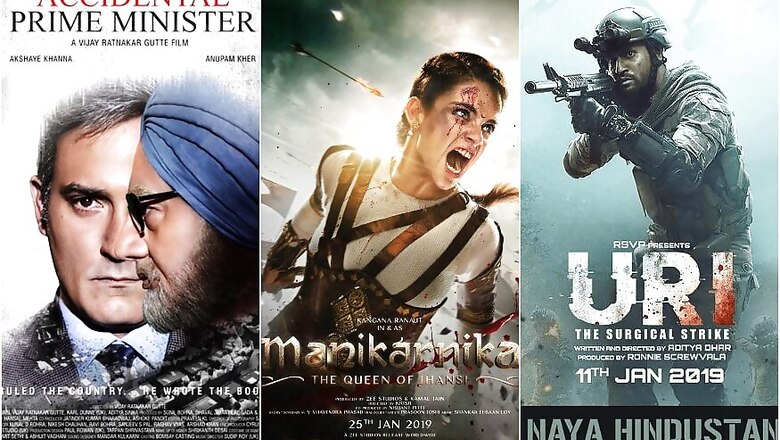
views
The Hindi film industry has always been seen as a vehicle to raise awareness, sometimes against government policies; case in point being films like Aandhi (1975) and Kissa Kursi Ka (1978) that were seen as a threat by the then governments.
However, Bollywood was probably never seen as a mass production tool to influence millions of viewers the way it has been used in 2019 when the film industry promoted a certain idea, ideology or person.
The Accidental Prime Minister, based on Sanjaya Baru’s book by the same name, turned Baru’s memoirs into a drama involving the Nehru-Gandhi family. The film took names and tried to put forth the idea of how former prime minister Manmohan Singh was betrayed by the leaders of his own Congress party.
Director Vijay Gutte refrained from talking about the Bharatiya Janata Party (BJP) but it was subtly projected as the alternative and better choice, right before the general elections.
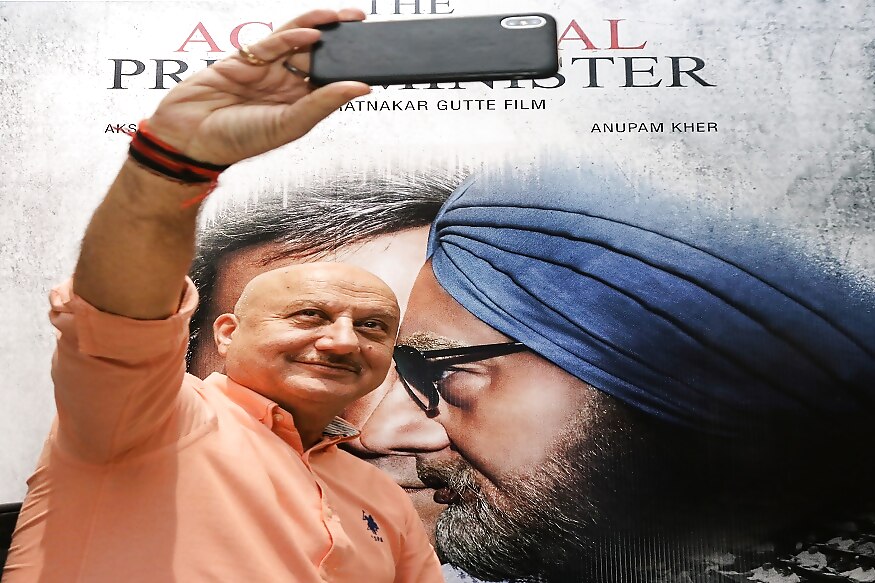
Vivek Agnihotri’s The Tashkent Files took its references from the Mitrokhin Archive and went to the extent of saying that some KGB agents could have held important positions in the Indian government in the past. All this was done in the name of re-investigating Lal bahadur Shastri’s suspicious death. Good acting and a thriller-like structure immensely helped the makers in getting to the target audience.
Also read: Housefull 4 to Marjaavaan: Dullest Films of 2019 that Made Us Regret Buying Tickets
Uri-The Surgical Strike didn’t get into name calling or finger pointing but actors, playing important Indian government representatives, were not so subtle in their agenda-setting against Pakistan. The Pulwama attack and the Balakot airstrike kept the film in news and helped it become one of the biggest commercial successes of the year. “How’s the Josh”, a dialogue from Uri, easily became a part of popular culture, indicating how director Aditya Dhar had his finger on the audience’s pulse.
The films Thackeray and PM Narendra Modi, based on the lives of Balasaheb Thackeray and Narendra Modi, presented themselves as propaganda projects, without any qualms. Featuring Nawazuddin Siddiqui and Vivek Oberoi in the titular roles, these films tried their best to establish myths around their central characters.
Truth be told, these movies appeared like an extension of the PR machinery working in favour of the Shiv Sena and the BJP.
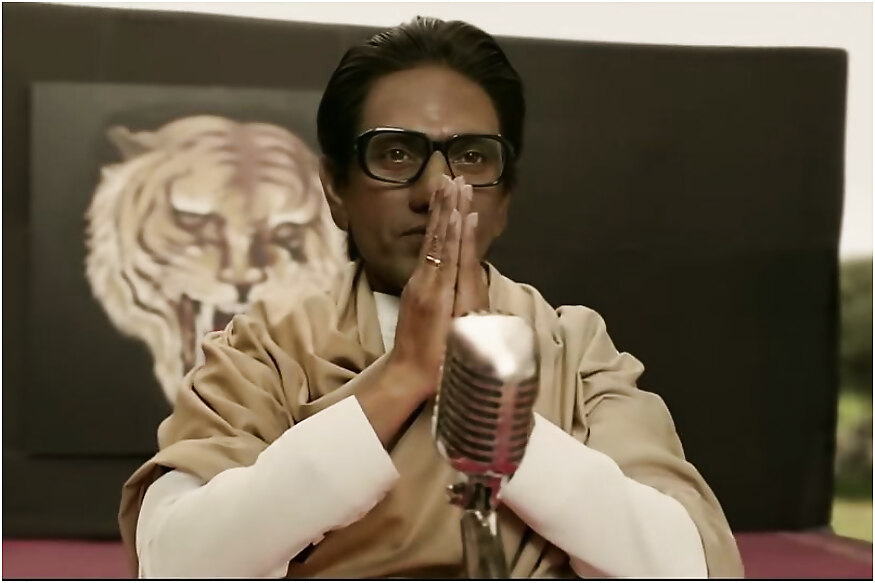
The same, however, can’t be said about Manikarnika — The Queen of Jhansi though it too was very selective in its approach. The film, directed by Krish and Kangana Ranaut, seemed desperate to ride the pro-Right wing crest months before the Lok Sabha elections.
Patriotism has always been a major theme in Bollywood but this year demonstrated how it could be used for more than just box office gains.
Read: Bollywood Biopics and Patriotic Movies at an All-time High
Then there are films such as Batla House and Section 375, which focused on particular cases and created a new narrative. While Batla House retold the 2008 Delhi encounter case from the perspective of an investigative officer, Section 375 highlighted how rape laws could be manipulated.
The box office success of both the films, in a way, validated the producers’ choices.
As other filmmakers see the effects these ideology-heavy films, the Indian audiences can be rest assured that there will be more such movies in the coming months.
Read: Is Remaking South Indian Films Bollywood's New Multicrore Superhit Formula?
Read: Here's Why Saand Ki Aankh is the Most Feminist Hindi Film of the Year
Follow @News18Movies for more












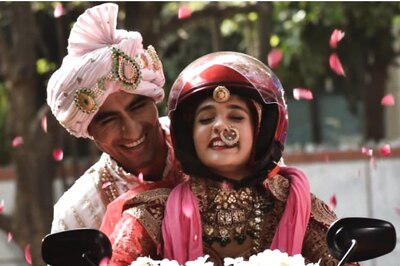



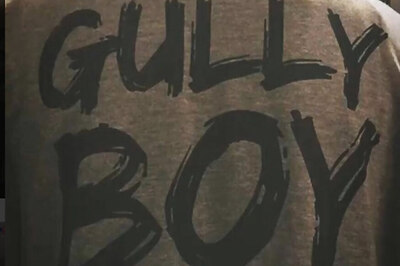

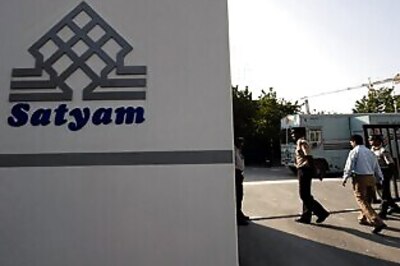
Comments
0 comment